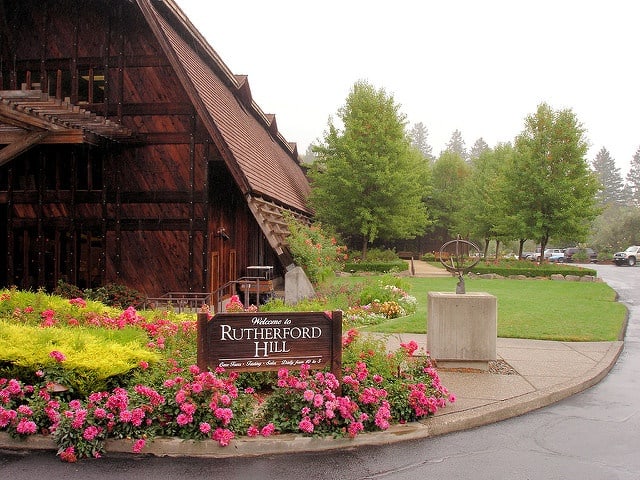The property market has bounced back in the last few years, so now is an excellent time to invest in property with a view to building a retirement income. Of course it isn’t as easy as the media would have us believe. Finding the right properties can be difficult and securing finance even tougher. If you have plenty of money to play with, then great, but if like most people you don’t have a lot of spare cash, you need to be creative about how you build your portfolio.
One of the biggest problems with investing in property is that many properties need some degree of renovation or upgrade before they are in a fit state to be rented out to tenants. Installing a new kitchen or bathroom will take at least a couple of weeks – and probably longer – so you won’t have any income until the job is complete and tenants have moved in.
This represents an issue for many property investors because lenders are often reluctant to lend money to fund both the property purchase and the renovation expenses. So unless you have available funds, you will be in a sticky position.
Buying Investment Properties
Buying investment properties is not like buying a family home, where you would probably approach your bank for a mortgage loan, and all being well, they would lend you the money. Traditional lenders charge interest on the loan, which is paid back over a long period of time. Property investors also use mortgages to purchase properties, but rather than live in the property, they will either renovate with a view to letting it out, or sell it on for a quick profit (a practice known as ‘flipping’).
Hard Money Loans
Hard money lending is when a borrower takes out a short-term loan to fund a property purchase and renovation or the purchase cost before the property is sold on. The idea is that hard money lenders work with investors who might not qualify for traditional loans, or who don’t have the time to spend searching for a lender who understands their business model.
It isn’t easy finding a sympathetic lender in this day and age. The property market has largely recovered in the wake of the 2007 global economic recession, but lenders are still jittery about lending money. Specialist hard money lenders such as Washington Capital Partners are used to working with property investors, so can help in this regard. They are there to assist when you need an interim loan to fund a renovation project or the purchase of a house you intend to sell on in the short-term.
Pros and Cons of Hard Money Loans
Interest rates will be higher on Virginia hard money loans, but the flexibility offered by this type of lender is invaluable for investors looking to expand their investment portfolio or make a quick profit buying and selling properties. There are advantages to be had by both parties, but it is important to read the small print on any loan contract before you sign.
Image Source; Image Source; Image Source





